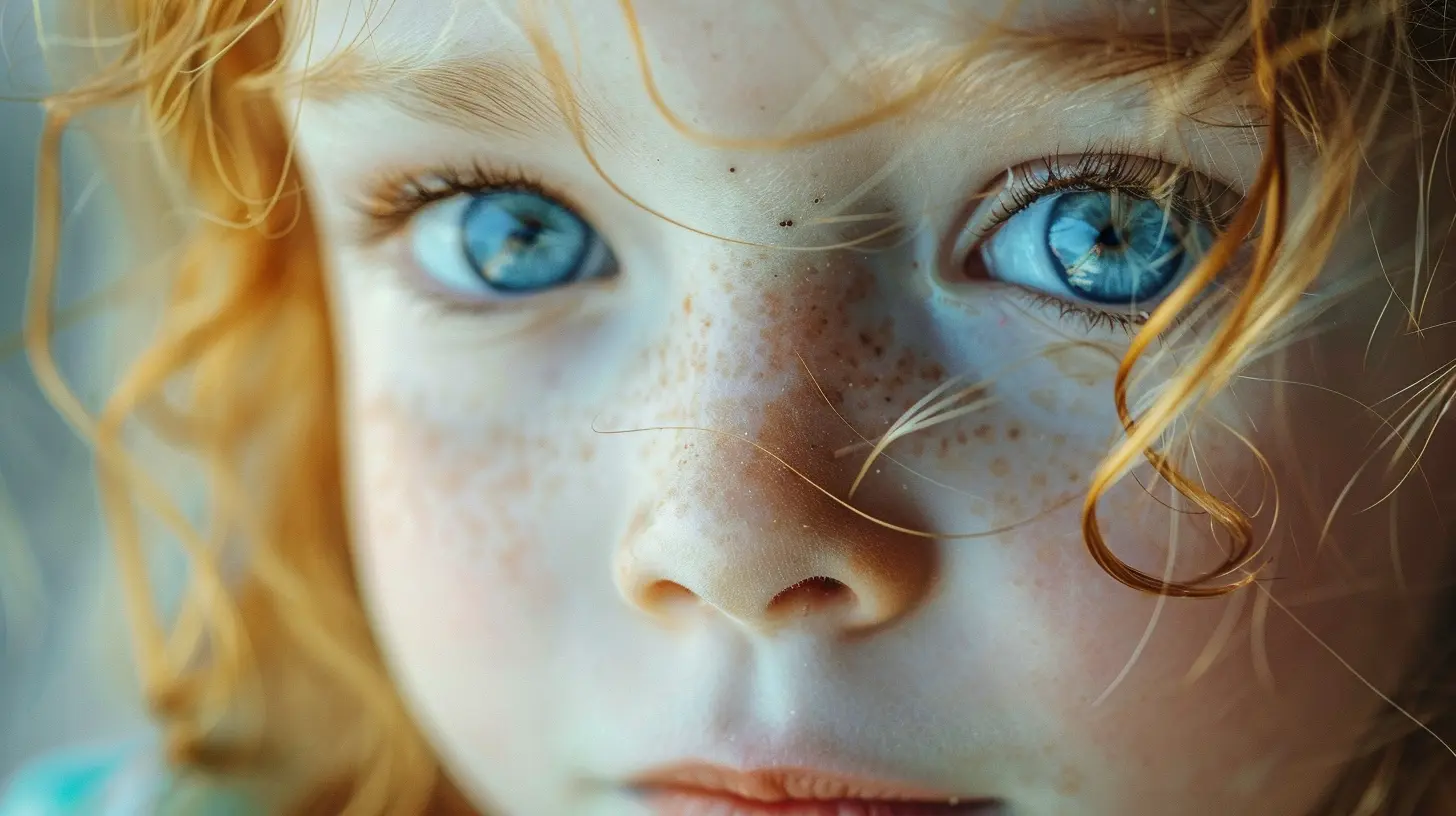The Influence of Early Attachment on Self-Esteem Development
11 May 2025
Introduction
Ever wondered why some people seem naturally confident while others struggle with self-doubt? A big part of the answer lies in early attachment. The way we bond with our caregivers as infants plays a massive role in shaping our self-esteem. Those early connections set the foundation for how we see ourselves, how we interact with others, and even how we handle challenges later in life.
But how exactly does early attachment influence self-esteem development? And can we break free from unhealthy patterns set in childhood? Let's dive into the psychology behind it. 
What Is Attachment?
Before we connect the dots between attachment and self-esteem, let's first understand what attachment really means.Definition of Attachment
Attachment refers to the deep emotional bond formed between a child and their primary caregiver, usually a parent. This bond isn’t just about physical closeness—it’s about emotional security, trust, and a sense of safety.Pioneering psychologist John Bowlby developed Attachment Theory, suggesting that the quality of attachment formed in childhood influences relationships throughout life. His work was later expanded by Mary Ainsworth, who identified different attachment styles in children.
Types of Attachment Styles
Attachment styles shape how we perceive ourselves and others. They can be broadly categorized into four types:1. Secure Attachment – A child feels safe and loved. They trust their caregivers and, as a result, develop healthy self-esteem.
2. Anxious Attachment – A child craves closeness but fears abandonment. This can lead to self-doubt and insecurity.
3. Avoidant Attachment – A child becomes emotionally distant, often due to caregivers being unresponsive. This can cause difficulties in forming close relationships later in life.
4. Disorganized Attachment – A mix of fear and inconsistency in caregiving leads to confusion and emotional turmoil in relationships.
So, how do these early experiences affect self-esteem? Let’s break it down. 
How Early Attachment Influences Self-Esteem
Secure Attachment and Healthy Self-Esteem
Children with secure attachment grow up knowing they are valued and loved. Their caregivers respond to their needs, providing comfort and reassurance. This consistent support builds a strong sense of self-worth.A securely attached child learns:
- Their emotions are valid.
- They can trust others.
- They are deserving of love and respect.
As they grow older, they develop confidence in their abilities, handle criticism well, and maintain healthy relationships. They believe in their worth, even when faced with setbacks.
Anxious Attachment and Low Self-Worth
On the flip side, children with anxious attachment often feel uncertain about their place in the world. They may have experienced inconsistent caregiving—sometimes receiving affection and other times being ignored.This unpredictability creates self-doubt. They may:
- Constantly seek validation from others.
- Worry about being abandoned.
- Feel they are never "good enough."
This often translates into adulthood, leading to people-pleasing tendencies, fear of rejection, and a constant need for reassurance.
Avoidant Attachment and Emotional Detachment
Children who develop avoidant attachment often grow up feeling emotionally neglected. Their caregivers may have been distant or dismissive, teaching them (unintentionally) that expressing emotions is useless.As a result, they:
- Struggle to open up emotionally.
- Avoid close relationships to protect themselves from rejection.
- Rely heavily on self-sufficiency, sometimes to the point of isolation.
While they may appear independent, deep down, they might battle feelings of unworthiness.
Disorganized Attachment and Inner Conflict
Disorganized attachment is the most complex. It often stems from childhood trauma, neglect, or abuse. Kids with this attachment style experience both fear and love toward their caregivers, creating confusion.This internal conflict can lead to:
- Difficulty trusting others.
- Intense self-criticism.
- Struggles with self-identity and emotional regulation.
Without proper healing, these individuals may develop self-destructive behaviors and struggle with low self-esteem throughout life. 
Can Self-Esteem Be Rebuilt?
Absolutely! While early attachment plays a big role, it's not a life sentence. Self-esteem can be improved, no matter what attachment style you had as a child.Practical Steps to Build Self-Esteem
1. Challenge Negative Beliefs- If you grew up believing you weren't good enough, start questioning that belief. Ask yourself: "Is this thought true, or is it just something I was conditioned to believe?"
2. Practice Self-Compassion
- Instead of being your own worst critic, be your biggest supporter. Talk to yourself the way you would encourage a friend.
3. Build Healthy Relationships
- Surround yourself with people who uplift you rather than drain you. Healthy relationships reinforce positive self-worth.
4. Set Boundaries
- Learning to say "no" and protecting your emotional energy are crucial steps in valuing yourself.
5. Seek Therapy
- If past experiences deeply affect your self-esteem, therapy can provide valuable tools for healing and growth. 
Final Thoughts
Our early attachments shape our self-esteem more than we realize. Whether you had a secure, anxious, avoidant, or disorganized attachment, it's important to recognize how these experiences influence your self-perception.The good news? Self-esteem is not fixed. With effort, self-awareness, and the right support, you can rewrite the script of your self-worth.
So, what’s your attachment style? How has it impacted your confidence? Understanding these patterns is the first step toward building a healthier, more positive self-image.
all images in this post were generated using AI tools
Category:
Self EsteemAuthor:

Nina Reilly
Discussion
rate this article
3 comments
Piper McCord
This article compellingly highlights how early attachment shapes self-esteem. It’s a vital reminder of the long-lasting impact of formative relationships on our sense of self.
May 15, 2025 at 4:15 PM

Nina Reilly
Thank you for your insightful comment! I'm glad you found the article highlights the crucial role of early attachment in shaping self-esteem.
Jessamine Hamilton
Could our earliest bonds be the hidden architects of our self-worth? Unravel the mystery within your past.
May 11, 2025 at 4:33 PM

Nina Reilly
Absolutely! Our early attachments significantly shape our self-worth, acting as foundational experiences that influence how we view ourselves throughout life. Unpacking these bonds can reveal crucial insights into our self-esteem development.
Aelith McKay
Early attachment shapes self-esteem's foundational beliefs.
May 11, 2025 at 4:10 AM

Nina Reilly
Thank you for your insightful comment! Early attachment indeed plays a crucial role in shaping our foundational beliefs about self-esteem.



